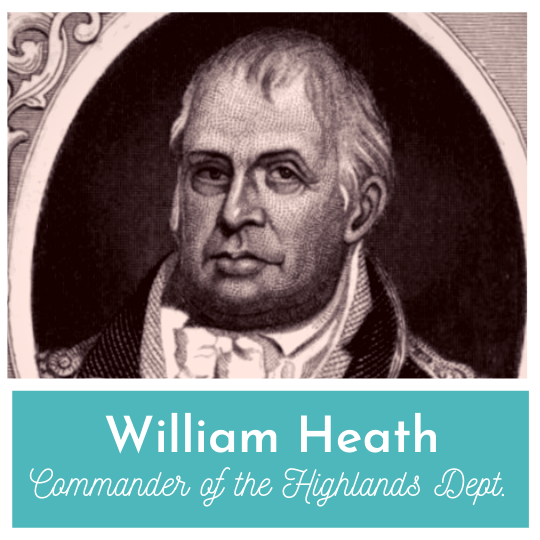William Woodford Wins the First Battle in Virginia
Updated 8/25/21
William Woodford was a Brigadier General in the Continental Army who won Virginia’s first battle of the Revolutionary War.
Unfortunately, the disastrous Siege of Charleston led to his capture and eventual demise.
William Woodford
William Woodford of Virginia was a military man by nature.
By the age of 21 he began serving in the militia. In this role, he participated in the French and Indian War.
During this time, he was a subordinate of George Washington, one of Woodford’s distant relatives through marriage.
Woodford and Washington’s friendship would carry over to the Revolutionary War.
Colonel
In 1775, Woodford was elected to the Third Virginia Convention. This extra-legal gathering was done despite Royal Governor Dunmore’s explicit instructions not to meet.
In the immediate wake of the Battles of Lexington and Concord, the Third Virginia Convention decided to call in the militia.
Woodford was named Colonel of the 2nd Virginia Regiment.
The Battle of Great Bridge
Woodford brought his men to Norfolk, then the largest city in Virginia.
Governor Dunmore had fortified Great Bridge, which lead into the city. The 2nd Virginia Regiment arrived and stationed themselves on the other side of the Elizabeth River.
Dunmore, thinking he had the upper hand, attacked the Patriots in order to gain more control of the colony.
William Woodford was an experienced soldier, who outflanked Dunmore during the fight. The British retreated, loosing between 60 and 100 men (sources vary). The Rebels, however, had but one injury.
The Battle of Great Bridge was the first major American victory in the South.
Royal Governor Dunmore fled to a ship in the harbor. Great Britain would never again make the laws of Virginia.
Burning of Norfolk
Soon after Great Bridge, Major General Robert Howe arrived in Norfolk and took command.
Woodford was present to repel an attempt by the redcoats to retake the city.
When the British left the city they burned several Patriot houses. After Great Bridge he bombarded the city with cannon.
Woodford and Howe controversially burned much of the rest of the city to prevent Dunmore from gaining more supplies.
Brigadier General
Woodford and the 2nd Virginia Regiment next moved to New Jersey to join Washington and official become part of the Continental Army.
Woodford served bravely in the Battles of Brandywine and Monmouth. He was rewarded for this by being promoted to Brigadier General.
In early 1779, Woodford was sent back to the South where he participated in the defense of Charleston.
Unfortunately, the Continental Army failed in this attempt. Even more unfortunately, Woodford was taken captive.
This would be his final battle in the American Revolution.
POW
As a POW, William Woodford was taken to New York City and held on a British prison ship.
He was not there long.
The conditions on these prison ships were notoriously poor. Within seven months, Woodford was dead.
While it is difficult to determine what cause Woodford’s death at the age of 46, the likely culprit is disease. It was common for even the strongest of men to perish in the dreadful conditions prisoners suffered in New York Harbor.
Want to learn about another Brigadier General?
Great, check this out:
The Fatigue of Such a March - Joseph Frye Retires
Speaking of fires, do you know anyone who puts them out?
If so, they might enjoy my new Betsy Ross shirt…specifically designed for firefighters.
Don’t miss tomorrow’s article!
Subscribe to my email list here.
If you wanted to support this site by becoming a Patreon Member you can do that here. Thanks for your support!







